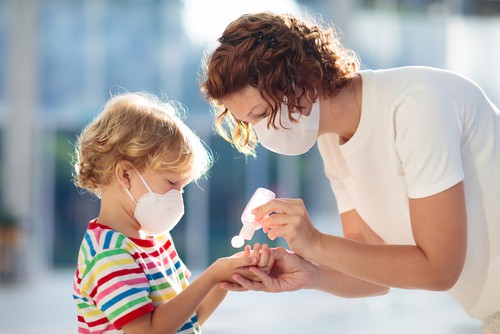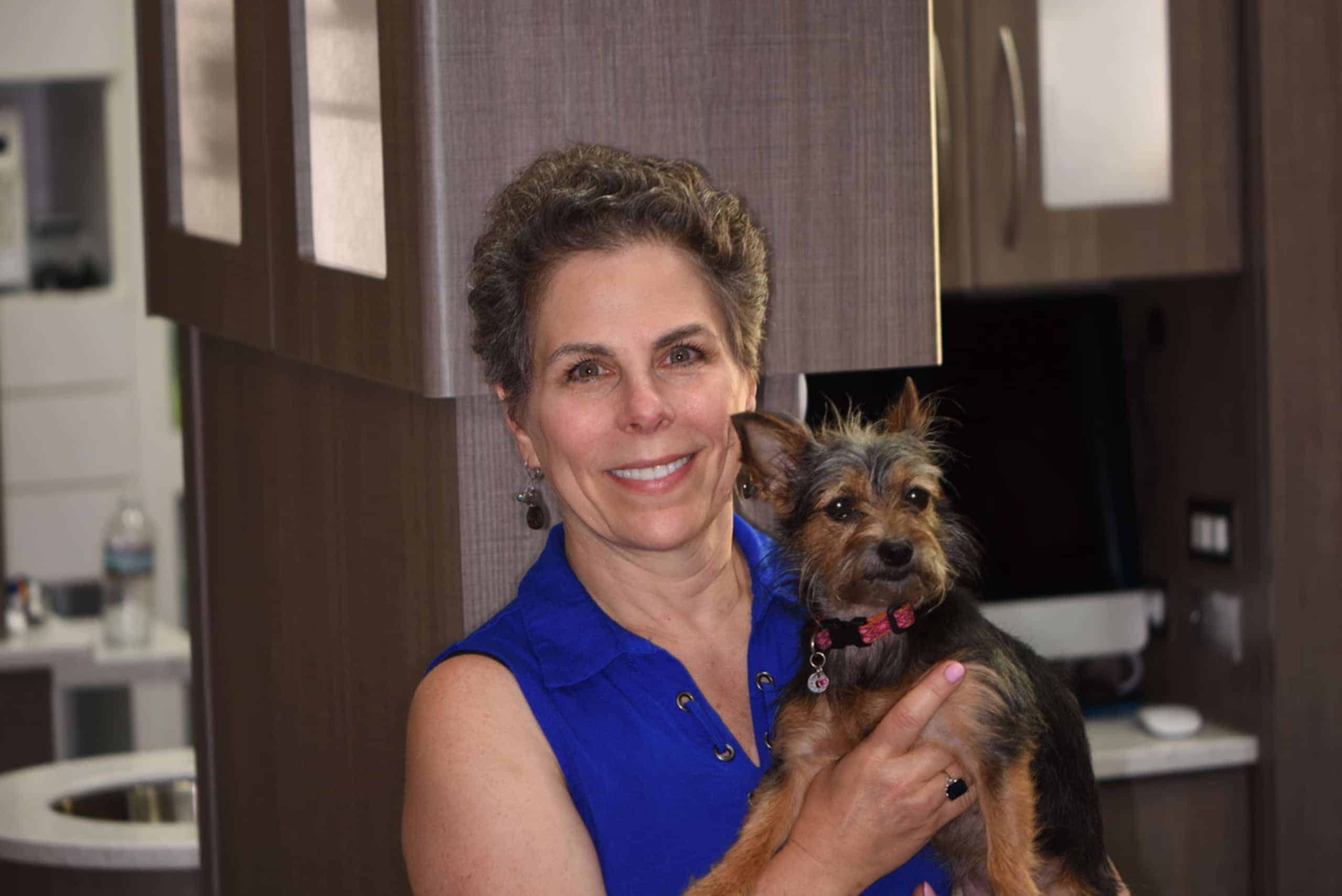A lot has changed over the past couple of months, and one thing that we’ve all introduced into our daily lives is the use of facemasks. Used to help minimize the risk of COVID-19, facemasks are supported by scientists and are now required at many public places. However, this daily use may raise some concerns for your dentist in Doylestown.
An Important Note About Facemasks
Before we go any farther, we want to be clear that we are not suggesting that you stop wearing a mask, as the potential benefits outweigh the risks. What we are recommending is that you become aware of how your facemask can play a role in your oral health and learn what you can do to help.
Mouth Breathing
While the mask itself isn’t causing cavities, the changes we experience as a result of wearing them can. For example, most of us are not used to wearing a facemask at all let alone daily or perhaps all day every day. Because of this new factor, many people may begin to breathe out of their mouths instead of their noses because it’s more comfortable. However, this change in breathing is what can cause concerns for your dentist in Doylestown.
When we breathe out of our mouths, whether because of a facemask or not, it can quickly dry out saliva production and create dry mouth. Dry mouth is concerning because a mouth needs saliva to help wash away things like bacteria and neutralize acids. Without it, teeth are at increased risk for tooth decay and other intraoral problems.
Bad Breath
Besides an increased risk of decay, mouth breathing can also cause bad breath. Since there’s not enough saliva around to wash away bacteria, they’re left free to feed on leftover food particles. As a result, these bacteria release a stinky byproduct.
Avoid Dry Mouth
Now, even though your dentist in Doylestown knows that mouth breathing and dry mouth aren’t great for oral health, there are things you can do to help avoid dry mouth or treat it if it does occur such as:
- Drink plenty of water throughout the day. This will help keep the mouth hydrated and moist.
- Suck on sugar-free hard candies or chew gum with Xylitol. Both of these tricks can stimulate saliva production.
- Brush and floss your teeth every day. Maintaining proper oral hygiene can help remove bacteria buildup.
- Talk with your dentist. There are products designed to produce saliva. Your dentist can guide you on what’s the best way to fix your dry mouth.
If you’re concerned that dry mouth may be causing dental problems, or you’d like to talk to someone about getting some relief, call your dentist in Doylestown. As with many dental concerns, the sooner dry mouth is diagnosed and treated properly the less chance it has to cause serious, more complicated problems.

